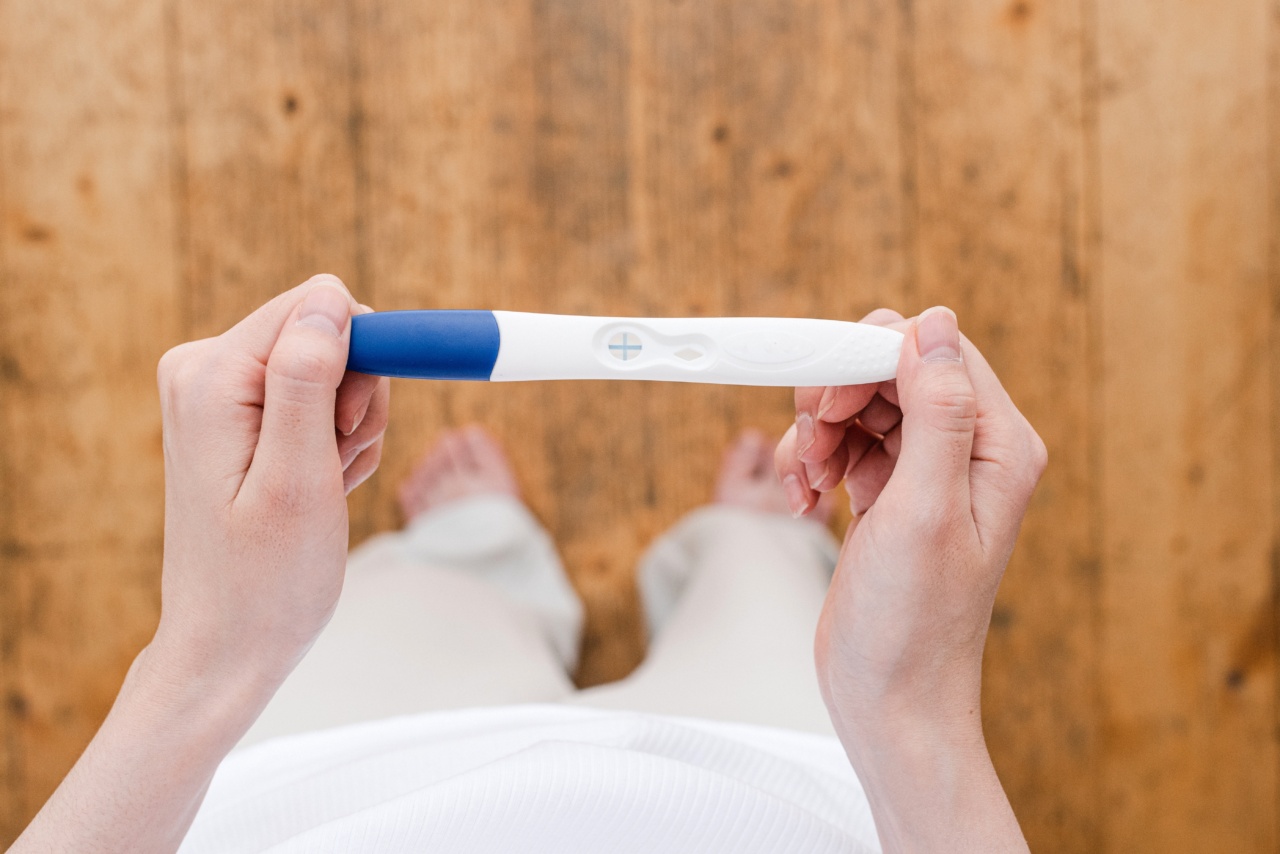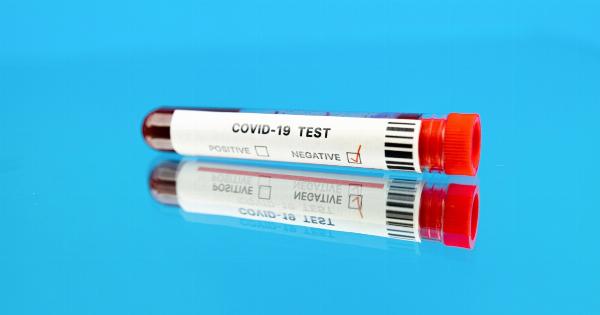Home pregnancy tests have become a reliable and convenient way for women to confirm if they are expecting. These tests work by detecting the presence of a hormone called human chorionic gonadotropin (hCG) in a woman’s urine.
Brands claim to offer highly accurate results, often boasting impressive percentages of accuracy. However, there are scenarios where a pregnancy test can fail to deliver accurate results, causing confusion, frustration, and even potential health risks for women who rely on them.
In this article, we will explore four of these cases when a pregnancy test could fail to provide accurate results.
1. Testing Too Early
One common reason for a pregnancy test to yield inaccurate results is testing too early. Home pregnancy tests are designed to detect hCG levels in urine, which typically increase as pregnancy progresses.
However, during the very early stages of pregnancy, hCG levels may be too low to be detected by the test. This means that if a woman takes a test too soon after conception, the result may be a false negative.
It is essential to wait until after a missed period to take a pregnancy test to increase the accuracy of the results. Waiting a week or two after a missed period allows hCG levels to rise sufficiently to be detected by most home pregnancy tests.
2. Expired or Faulty Test Kit
Another reason a pregnancy test may fail to be accurate is if the test kit is expired or faulty. Just like any other product, pregnancy tests have a shelf life, and using an expired test may produce unreliable results.
Additionally, improper storage or handling of the test kit, such as exposure to extreme temperatures or moisture, can also impact its effectiveness.
It is crucial to check the expiration date on the packaging before using a pregnancy test. Storing the test kit in a cool and dry place, away from direct sunlight, will help maintain its integrity.
If the test kit appears damaged or tampered with, it is best to discard it and use a new one to ensure accurate results.
3. Medications or Medical Conditions
Certain medications and medical conditions can interfere with the accuracy of a home pregnancy test. Medications containing hCG, such as some fertility drugs or hormone therapies, can cause false-positive results.
Similarly, medical conditions such as ovarian cysts or certain types of cancer can also lead to elevated levels of hCG in the body, resulting in false positives on a pregnancy test.
If a woman suspects that her medications or medical conditions may interfere with the accuracy of a home pregnancy test, she should consult with her healthcare provider.
They may recommend seeking a blood test or other diagnostic methods to confirm or rule out pregnancy.
4. Improper Test Administration
The way a pregnancy test is administered can greatly impact its accuracy. Incorrect usage, such as not following the instructions provided or using the wrong timing, may lead to false results.
Failing to collect a sufficient amount of urine or dipping the test strip for too little or too long can also compromise the outcome.
It is crucial to carefully read and follow the instructions provided with the pregnancy test. Each brand may have specific guidelines for how to use their product correctly.
Taking the test in the morning, when hCG levels are typically more concentrated in urine, and allowing the appropriate amount of time for the test to develop will help ensure accurate results.
Conclusion
While home pregnancy tests are generally reliable, there are several cases where they may fail to deliver accurate results.
Testing too early, using expired or faulty test kits, medications or medical conditions, and improper test administration can all contribute to misleading outcomes. It is important to be aware of these factors and take necessary precautions to increase the accuracy of home pregnancy tests.
When in doubt, consulting with a healthcare provider can provide reassurance and guidance in determining whether further testing or evaluation is needed.































